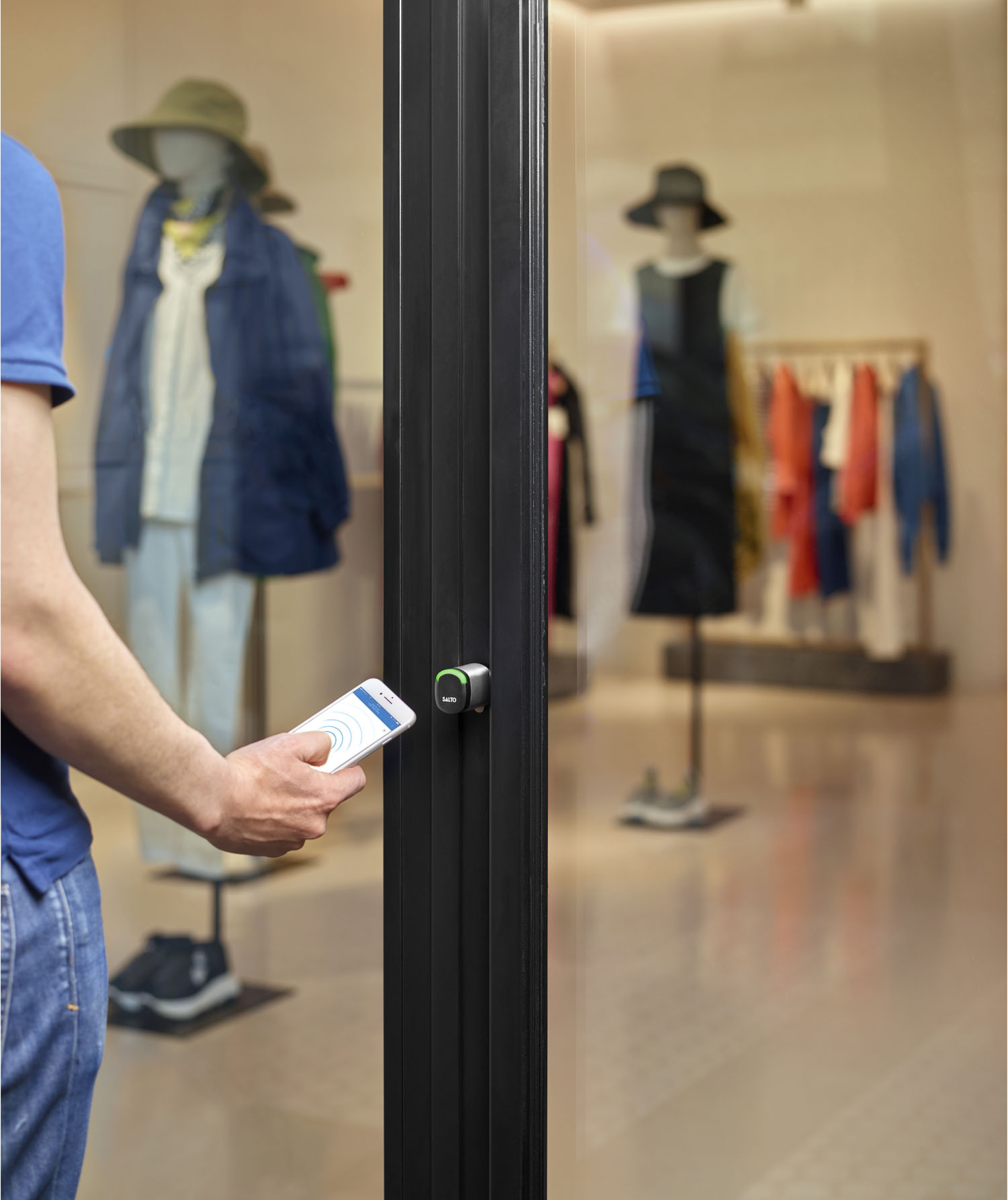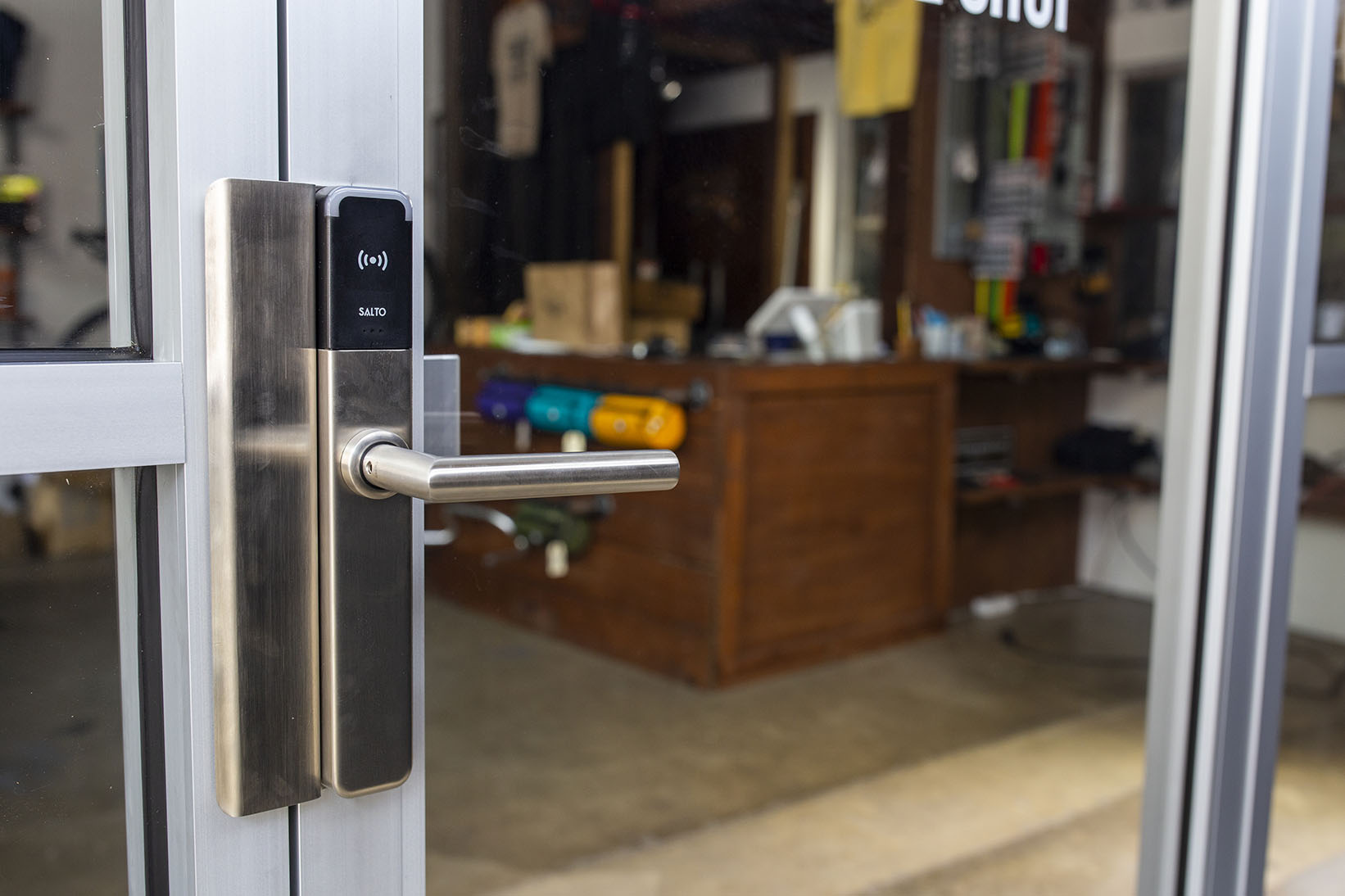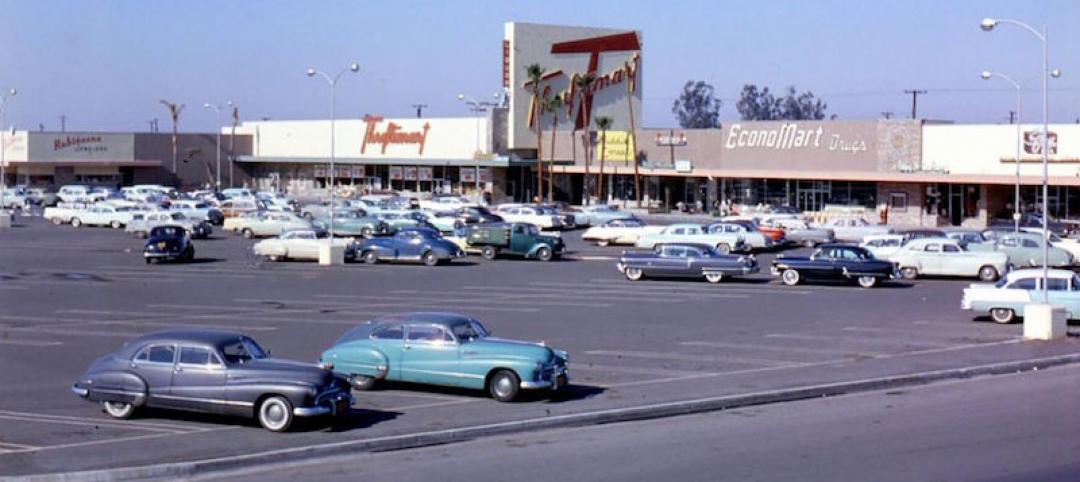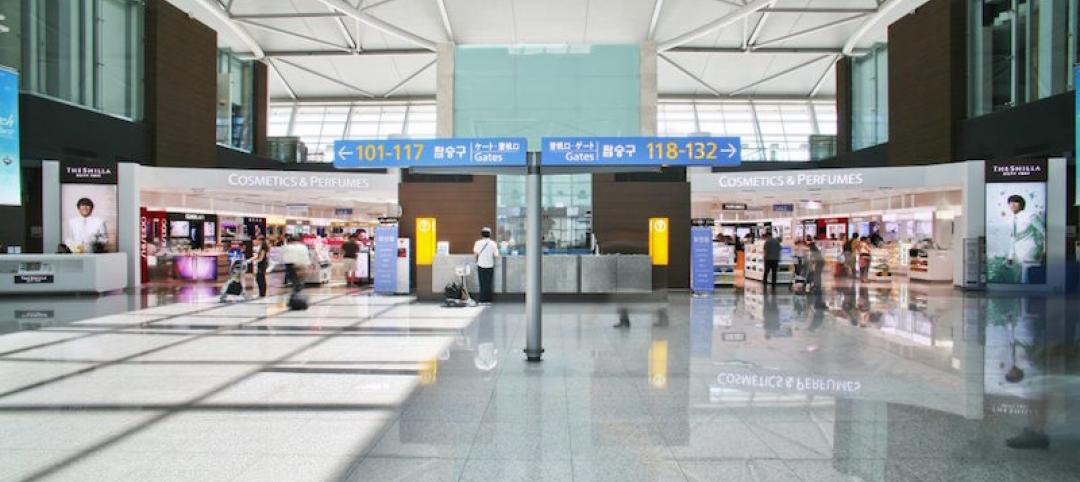Traditional lock-and-key systems are rapidly being replaced by keyless entry systems in retail businesses. An obvious advantage of this evolution is the elimination of physical keys, a burdensome task to manage. However, keys-as-a-service (KS) — in which permissions and access are controlled by cloud-based technology — offers other important benefits. One such benefit lies in the valuable data these systems collect.
“Keys-as-a-service systems maintain a comprehensive log of every access event,” says John Wright, SALTO Systems Retail & Fitness Industry Business Leader. “This includes information on who accessed which doors and when, providing detailed insights into the retail space’s usage.” That data extends not only to doors, but to storage cabinets, lockers, showcases — anything that requires physical security.
What the Data Reveals
One main insight that systems like SALTO KS can provide is user behavior information. Who accessed which doors and when? Tracking that information can also shed light on traffic patterns, frequently used access points, and even potential security breaches.
“This user behavior data can be analyzed to optimize staffing and operating hours, enhancing overall operational efficiency,” says Wright. This also benefits customers, he adds, when understanding peak access times and busy areas can help retailers maximize store layout and manage traffic, resulting in a better customer shopping experience.
Furthermore, the system reports on its own status, including its battery life and functionality, so that it can be continuously maintained in top operating condition.
 Global Scalability
Global Scalability
SALTO’s KS data collection capability becomes even more valuable in a distributed retail landscape, where businesses span multiple locations and even countries. Wright notes, “Regardless of geographical boundaries, all access control points connect to a unified system. This means that all access data coming in from multiple locations is collected and stored centrally, making it easily accessible and manageable from anywhere in the world.” That level of global, real-time visibility is essential for large-scale retail operations.
As an organization expands into new retail locations, the access information from all sites, both new and existing, is seamlessly integrated into a single KS database. In addition, the same access control standards are implemented across all stores, eliminating concerns about inconsistent application of security measures in different locations.
The data collected by the KS system can be used to generate insightful reports that can include security audits, efficiency data, and behavioral analyses. This information can help with strategic decision-making, policy modifications, and enhanced operations, according to Wright.
A Resource for Business Intelligence
There are several important ways the wireless access data from the SALTO KS system can be used:
- Customer traffic patterns. Understanding peak shopping periods allows retailers to staff appropriately and adjust store hours.
- Store layout optimization. Product placement and store layouts can be optimized based on the highest traffic areas.
- Resource allocation. If a particular store receives high levels of traffic, retailers may decide to invest more in that location or add staff.
- Security planning. Retailers can enhance security measures in locations with frequent unauthorized access attempts.
- Maintenance. Device self-monitoring allows for proactive maintenance operations, reducing the chance for unexpected equipment failures.
- Expansion strategy. Comparing data among stores affords insight into what contributes to a location’s success, which can be used in future growth planning.
- Staff training. Data on unauthorized access attempts can reveal areas in which staff may need retraining.
In a highly competitive and challenging landscape, retailers who understand customer patterns, have a solid handle on security compliance, and manage their resources wisely are in a better position to thrive. Cloud-based keys-as-a-service wireless access systems make this possible.
Related Stories
Retail Centers | Jul 10, 2017
The retail renaissance part II: The role of planning and development in the future of shopping
The retail sector is charting unfamiliar territory as web sales and evolving tastes force a paradigm shift.
Retail Centers | Jun 21, 2017
Creating communities from defunct malls
It’s time to plan for the suburban retail reset—and it starts by rethinking the traditional mall.
Mixed-Use | May 17, 2017
The Lincoln Common development has begun construction in Chicago’s Lincoln Park
The mixed-use project will provide new apartments, condos, a senior living facility, and retail space.
Airports | May 15, 2017
Five trends for airport retail
CallisonRTKL Vice President Kevin Horn pinpoints how travel retail is changing dramatically.
Retail Centers | May 3, 2017
18 Carbon fiber wings grace Foster + Partners-designed Apple Dubai Mall terrace
The store’s large terrace provides views of the Burj Khalifa and the Dubai Fountain.
Retail Centers | May 2, 2017
43,000-sf Chicago Starbucks will be world’s largest
The new branch will be located along Chicago’s Magnificent Mile in a building currently occupied by a Crate & Barrel store.
Healthcare Facilities | Apr 28, 2017
Can healthcare be retail?
Healthcare systems have much to learn from retail. While they have been laser-focused on delivering exceptional patient care on their primary campuses, they face an onslaught of new challenges as they embrace a retail strategy to expand outpatient services and their ambulatory network.
Retail Centers | Apr 27, 2017
Changing an automotive retail paradigm
Significant changes are underway as automotive manufacturers and retailers try to anticipate consumer demands in changes in their business models.
Mixed-Use | Apr 24, 2017
Take a look at Brooklyn’s Domino Sugar Refinery redevelopment
The master plan features market-rate and affordable housing, mixed-use space, and a waterfront park with a 5-block long “Artifact Walk.”
Market Data | Apr 13, 2017
2016’s top 10 states for commercial development
Three new states creep into the top 10 while first and second place remain unchanged.

















